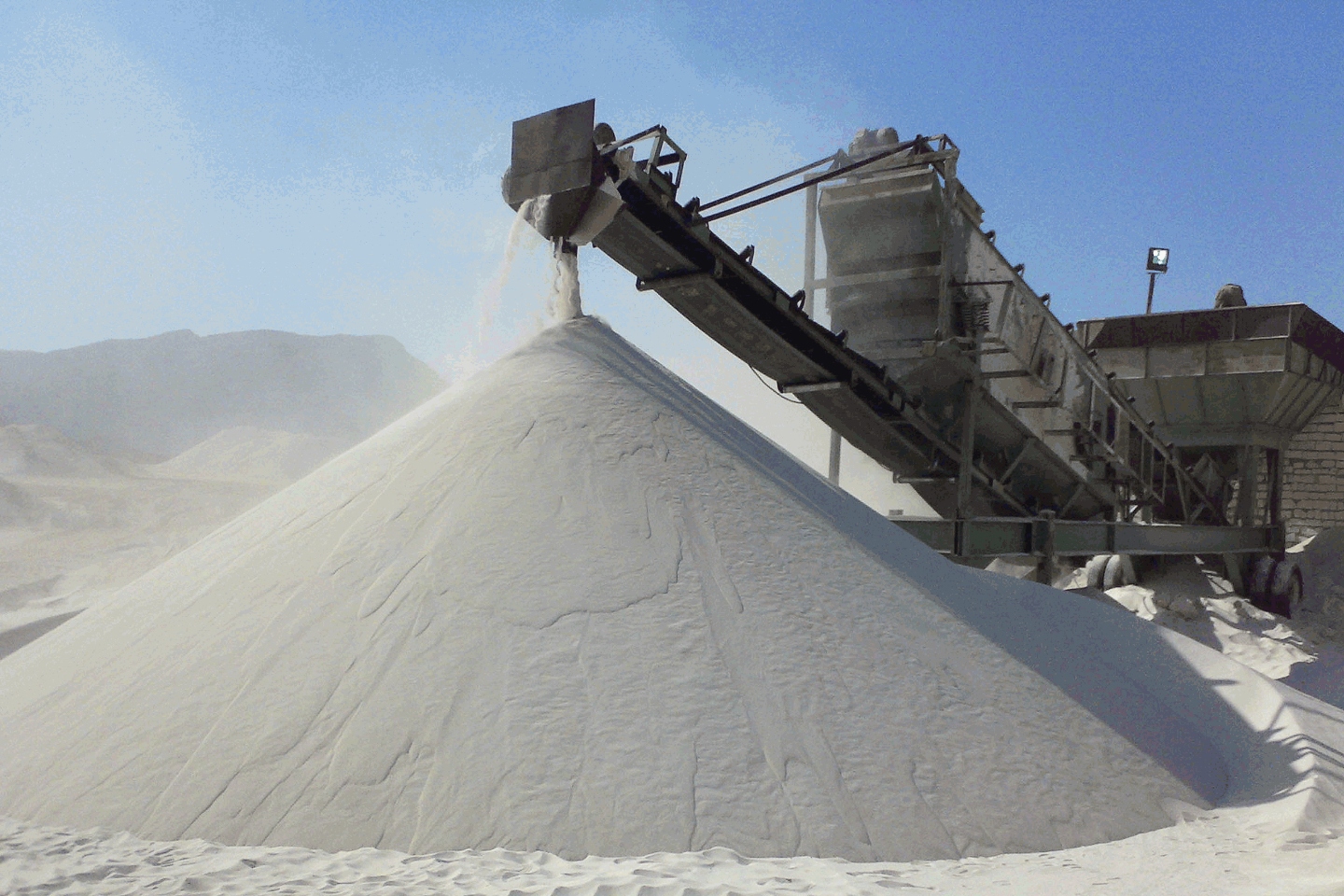Allup Silica says an independent metallurgical review using targeted samples from its Sparkler silica sands exploration project, about 300km south of Perth in the South-West region of WA, has highlighted the potential to deliver a high-quality product. The recently ASX-listed company is looking to stake a claim as a prominent player in the silica sands space.


Allup Silica says an independent metallurgical review using targeted samples from its Sparkler silica sands exploration project, about 300km south of Perth in the South-West region of WA, has highlighted the potential to deliver a high-quality product. The company is looking to stake a claim as a prominent player in the silica sands space and recently listed on the ASX to fast-track its exploration initiatives across several ventures.
According to Allup, conventional test work including wet screening, heavy liquid separation and magnetic separation yielded solid results with silicon dioxide grades ranging from 99.5 to 99.8 per cent and iron oxide levels ranging from 0.007 to 0.039 per cent.
Given the encouraging findings, Allup will now dive headfirst into more drilling, bulk sampling and additional test work to better understand the potential value of the silica at its Sparkler project, as well as the ore variability and process design needs.
The initial test work was completed by mineral processor Nagrom in a Perth-based metallurgical laboratory with project consultancy group Battery Limits lending its eye to the process.
Allup has been quietly putting together a portfolio of four high-purity silica sand projects in WA over the last two years and has prudently elected to pick up operations that are within short trucking distance of WA’s regional ports. The company says it is also focused on projects that boast the ability to have impurities easily removed,
Generally, silica sands projects house silica grains that are either iron-coated or have an internal iron element, necessitating high-cost crushing and processing to improve the purity of the end product.
Allup says its projects differ in this respect, offering extraordinarily low levels of iron, allowing it to accelerate the beneficiation processes.
Sparkler in particular is already sitting on an inferred mineral resource estimate of around 73 million tonnes going 96.6 per cent silicon dioxide, with a meagre 0.41 per cent iron oxide content.
High-grade silica sands are largely utilised in the automobile, electronics, and photovoltaic or solar panel industries and they are also a critical component in the production of high-end glass.
Recently, the material has seen somewhat of a new lease of life in the new energy space, with Tesla’s Elon Musk talking up its use in electric vehicle batteries to enhance their chargeability.
In reference to the use of silicon in lithium-ion batteries, Musk recently earmarked the substance as “the most promising anode material”.
Allup says its silica could potentially be processed up to 99.8 per cent purity, a number that would place it squarely in the sights of the Elon Musks of the world that are becoming insatiable for anything that can be used in lithium-ion batteries.
Is your ASX-listed company doing something interesting? Contact: matt.birney@businessnews.com.au













